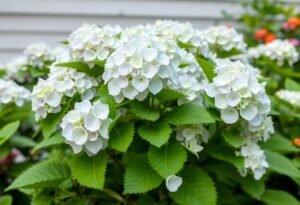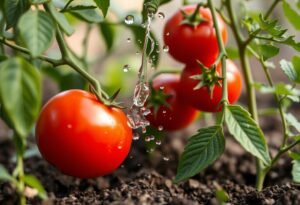The Allure of Oleander: A Closer Look
Oleander is cherished for its vast array of vibrant flowers that not just captivate gardeners but also anyone wishing to enhance their outdoor space. Despite this allure, the potential for oleander leaf diseases can significantly impact its appearance and vitality. Understanding these issues is key to maintaining a flourishing garden and creating inviting environments.
Common Oleander Leaf Diseases
The most frequent oleander leaf diseases include fungal infections, viral issues, and pest infestations. Fungi can lead to leaf spots that, if left untreated, may cause leaves to drop prematurely. It’s essential to carefully observe your oleander for any unsettling changes in leaf appearance, as harmful insects such as aphids and spider mites can also pose a threat to its health.
How to Identify Leaf Problems in Oleander
The first step in diagnosing oleander leaf diseases lies in vigilant observation. Discoloration, oily spots, and leaf drop are indicators that can signify underlying problems. Recognizing these signs early will ease the implementation of effective remedies, ensuring your oleander stays vibrant and healthy.
Identifying Symptoms and Their Causes
Common symptoms of oleander leaf diseases include yellowing leaves, wilting, and spotting. Yellowing often points to overwatering or nutrient deficiencies, while spots can indicate fungal action. Additionally, checking for pests on the plant is crucial to addressing any weaknesses in the oleander.
Treating Oleander for Leaf Diseases
Treating oleander leaf diseases requires understanding the root cause. For fungal issues, applying fungicides can help eliminate pathogens effectively. Pests can be removed using insecticides or natural solutions like soap sprays. Always follow label instructions for these products to ensure safe and effective application.
Preventative Measures for Oleander Health
Maintaining both the health and beauty of oleander is achievable through preventative measures. Ensure that the plant is placed in well-draining soil and avoid overwatering. Regular fertilization and trimming away any unhealthy or dead parts are vital for preventing oleander leaf diseases and promoting healthy growth.
Conclusion: Taking Action for Your Oleander
Managing oleander leaf diseases in your garden is not only a responsibility but also a fulfilling way to cultivate a beautiful space that brings joy. With careful observation and growing knowledge of fertilization, watering, and plant protection, you can enjoy a thriving oleander. Remember, every plant deserves your care and attention! We encourage you to take action and uncover further information about preserving your garden.
Disclaimer
The information provided in this article is for educational purposes and does not substitute for professional gardening advice.

















